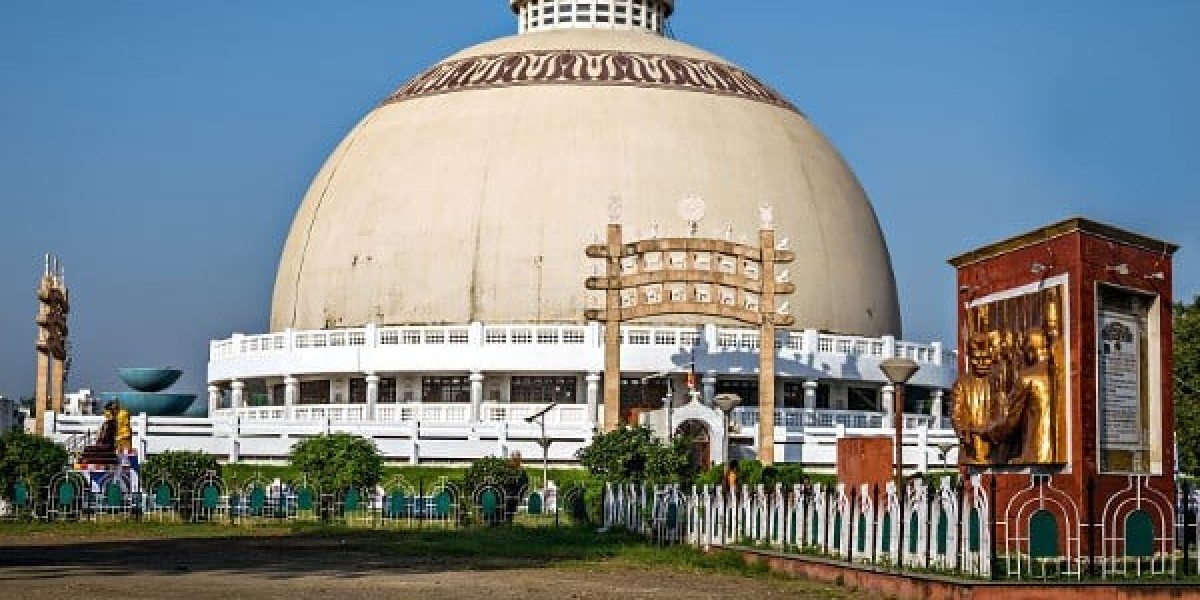Agra, known for its world-famous monument of love—the Taj Mahal—attracts millions of tourists every year. While many come to witness its architectural beauty, others seek companionship and personal pleasure during their stay. The demand for personalized and discreet companionship has given rise to the popularity of the Agra escort service, offering a unique blend of charm, confidentiality, and unforgettable experiences. Whether you're a business traveler, a local seeking a relaxing evening, or a tourist wanting more than just sightseeing, these services cater to all kinds of individual preferences.
Understanding the Allure of Escort Services in Agra
Agra’s charm is not limited to its historical structures and cultural significance. Over the years, the city has evolved into a cosmopolitan destination that caters to diverse lifestyle needs, including luxury companionship. The Agra escort service industry stands out because it offers more than physical attraction—it’s about providing emotional connection, intelligent conversation, and a comforting presence. Many individuals who engage these services seek companionship that goes beyond a mere transaction. They want someone who listens, understands, and spends time with them in a meaningful way.
Why Agra Escort Services Are in High Demand
The high demand for Agra escort service stems from the city’s dynamic atmosphere. From corporate executives visiting for conferences to single travelers yearning for social interaction, people from all walks of life turn to these services for comfort and entertainment. The professional escorts in Agra are well-trained, respectful, and highly adaptable, capable of blending into any social or private setting. Whether you’re attending a formal event, dining at a luxury hotel, or spending a quiet evening indoors, the presence of a graceful and intelligent companion can elevate your experience significantly.
Confidentiality and Safety Are Paramount
One of the core values of any top-notch escort service is maintaining the privacy and safety of clients. Reputable providers in Agra take these aspects seriously, ensuring that all interactions remain confidential and stress-free. Escorts are selected through a strict screening process, guaranteeing not only beauty and sophistication but also trustworthiness and professionalism. From secure booking platforms to discreet meet-up arrangements, every detail is managed to ensure your peace of mind. These services prioritize the comfort and preferences of their clients, making it easier for even first-timers to engage without hesitation.
A Personalized Experience Like No Other
The Agra escort service is not a one-size-fits-all arrangement. Each encounter is carefully tailored to match the client’s expectations and desires. Whether you are looking for someone outgoing and talkative, or a calm and elegant partner, there’s a wide selection of escorts with different personalities and styles. Clients can choose companions based on their specific preferences, and every effort is made to ensure a seamless, mutually enjoyable experience. This attention to detail makes every moment spent together more fulfilling and authentic.
Perfect for Business and Leisure Travelers
Agra welcomes thousands of professionals and tourists annually. While business meetings and sightseeing tours may fill your schedule during the day, the evenings are perfect for unwinding. Agra escort services offer the perfect solution for those who seek relaxation and intimacy after a long day. Sharing your evening with a charming companion can reduce stress, boost your mood, and make your trip much more memorable. Escorts can also accompany you to fine-dining restaurants, clubs, or simply enjoy quiet time at your hotel, offering both emotional and social comfort.
Modern Booking Process and Easy Accessibility
Booking an escort in Agra has never been more convenient. Most agencies operate through user-friendly online platforms where you can view profiles, check availability, and make secure bookings within minutes. This ease of access makes the entire process simple, even for those new to such services. Detailed descriptions and high-quality photos help clients make informed decisions. Agencies also offer customer support to handle any queries or special requests. This professionalism and technological convenience contribute to the growing popularity of escort services in the city.
Companionship That Goes Beyond Physical Attraction
What sets Agra escort services apart is their commitment to offering companionship that is both emotional and sensual. Escorts are not just beautiful faces; they are trained to engage in meaningful conversations, understand social cues, and create a genuine connection with their clients. This aspect of emotional bonding is what turns a casual meeting into an unforgettable memory. Whether you're in need of a confidante or simply someone to share a laugh with, these escorts offer the perfect blend of companionship and pleasure.
Discreet and High-Class Escorts for Every Occasion
Whether you need a partner for a high-profile event, a quiet dinner date, or a personal companion during your stay, the escort service in Agra can provide someone who fits the occasion perfectly. Escorts are skilled in adapting to various environments and social settings. Their professionalism ensures they can maintain proper decorum in public and be more relaxed and personal in private. This duality allows clients to enjoy the best of both worlds, making every moment truly worthwhile.
Elevate Your Experience with Agra Escort Service
Choosing a high-end escort service in Agra is more than just hiring a companion—it’s about adding elegance, warmth, and meaning to your experience in this iconic city. These services provide the ultimate combination of sophistication, safety, and satisfaction. Whether you're staying for a night or a week, indulging in a professional escort’s company can enhance your time in ways you never imagined. Discover how the Agra escort service can make your stay in the city more exciting, memorable, and deeply satisfying.








